My baby refuses to breastfeed, so every day I pump 1.5 liters of milk to feed my baby with a bottle. Does pumping a lot of milk cause osteoporosis? (Sao Mai, 28 years old, Ha Tinh)
Reply:
During pregnancy, maternal calcium is absorbed through the intestinal tract and transported to the fetus. During lactation, maternal bone density continues to decrease because of decreased calcium absorption due to decreased estrogen levels in the postpartum period combined with bone resorption mediated by the provision of calcium in breast milk. Decreased absorption and increased calcium utilization in the mother cause temporary loss of bone density, which can lead to osteoporosis.
According to statistics in Japan, the incidence of osteoporosis related to childbirth is about 0.03 to 0.3%. Osteoporosis related to pregnancy and breastfeeding is common in women with multiple pregnancies, but can occur in a single pregnancy. Some cases of fractures in the postpartum period have also been recorded.

Pregnancy and breastfeeding cause the mother's body to lose a large amount of vitamin D, increasing the risk of osteoporosis. Illustration: Freepik
Mothers who pump milk or breastfeed a lot but eat a restricted diet, have little calcium, and do not supplement enough vitamin D... are at risk of osteoporosis. Warning signs include numbness in the limbs, pain in the joints of the limbs, frequent cramps, body aches, dull back pain... More seriously, they are prone to sprains or fractures.
Usually, calcium deficiency can improve after women stop breastfeeding for 6-12 months. Some severe cases require treatment. If the decrease is significant, the mother needs to make adjustments such as reducing milk pumping, increasing rest time, supplementing foods rich in calcium, vitamin D, and oral calcium.
Foods rich in calcium include milk, yogurt, cheese, salmon, beans, shrimp, eggs, tofu, and nuts. Some calcium-rich drugs and supplements can be used when food does not provide enough calcium, but you should consult your doctor.
Some women abstain, almost never leave the room when giving birth, and have little exposure to light, which can cause the body to lack vitamin D.
Dr. Nguyen Huy Cuong
Obstetrics and Gynecology Center, Tam Anh General Hospital, Ho Chi Minh City
| Readers ask questions about obstetrics and gynecology here for doctors to answer |
Source link


![[Photo] Third meeting of the Organizing Subcommittee serving the 14th National Party Congress](https://vstatic.vietnam.vn/vietnam/resource/IMAGE/2025/4/2/3f342a185e714df58aad8c0fc08e4af2)


![[Photo] Close-up of Vietnam's sniffer dog team searching for earthquake victims in Myanmar](https://vstatic.vietnam.vn/vietnam/resource/IMAGE/2025/4/1/d4949a0510ba40af93a15359b5450df2)

![[Photo] Relatives of victims of the earthquake in Myanmar were moved and grateful to the rescue team of the Vietnamese Ministry of National Defense.](https://vstatic.vietnam.vn/vietnam/resource/IMAGE/2025/4/2/aa6a37e9b59543dfb0ddc7f44162a7a7)
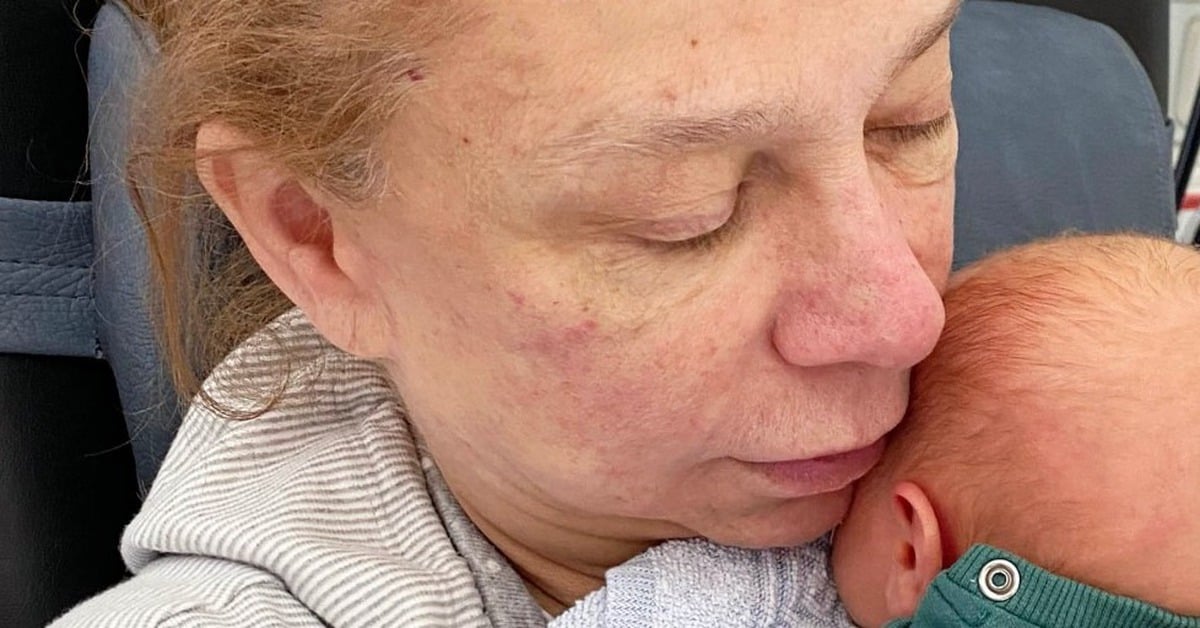



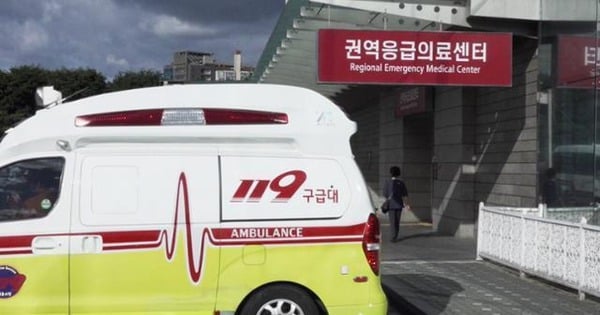

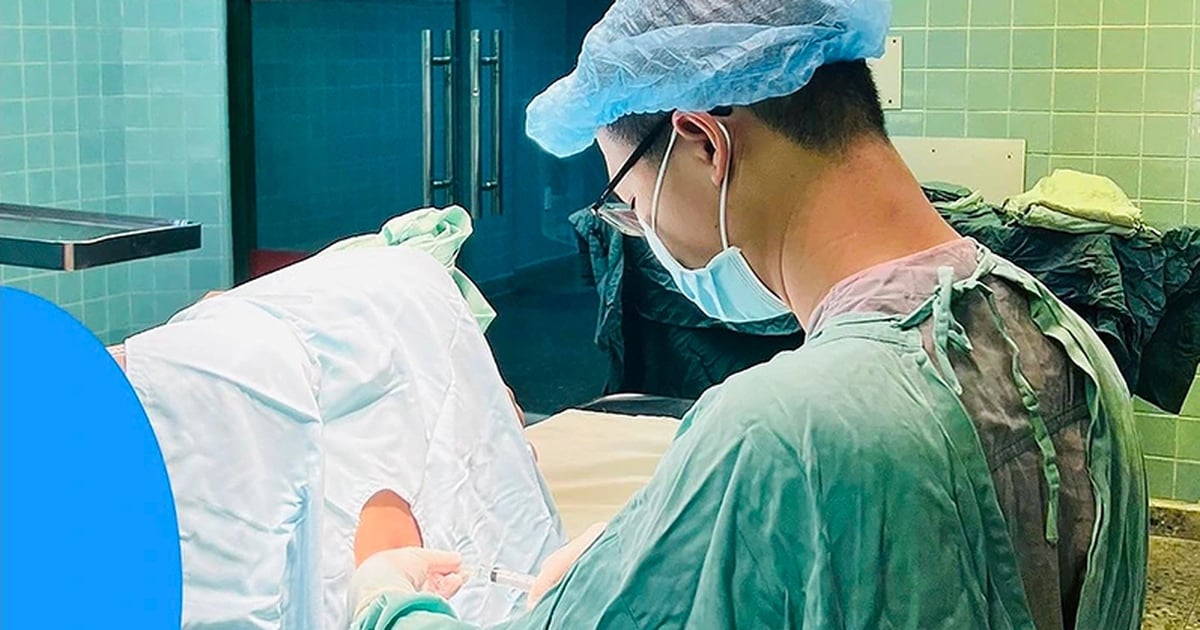

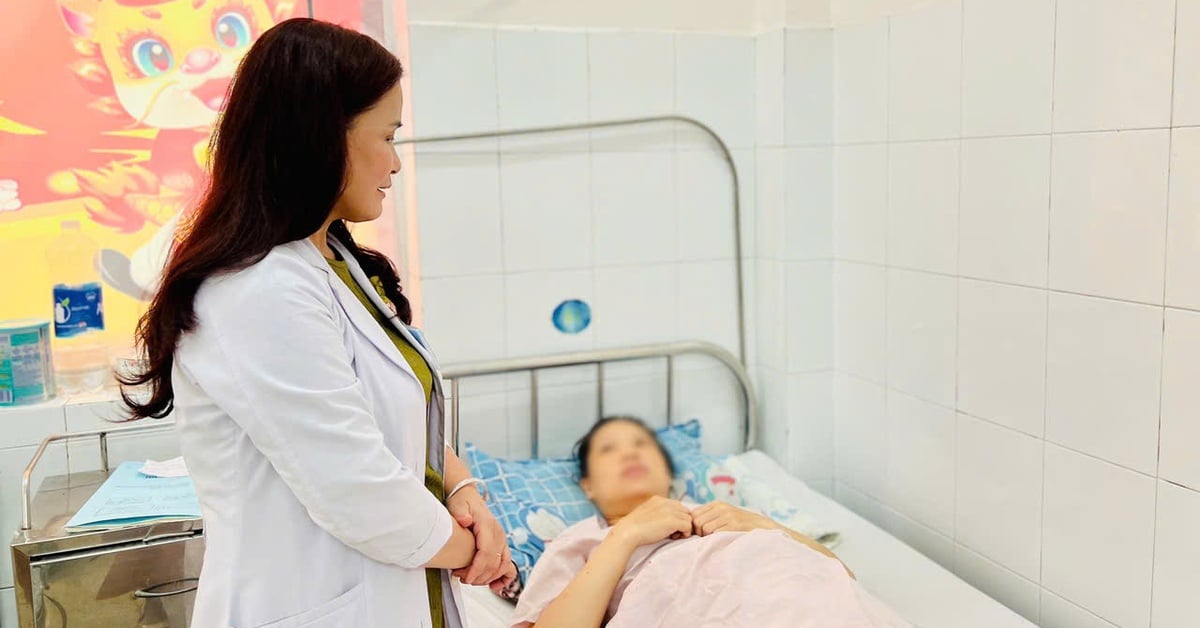
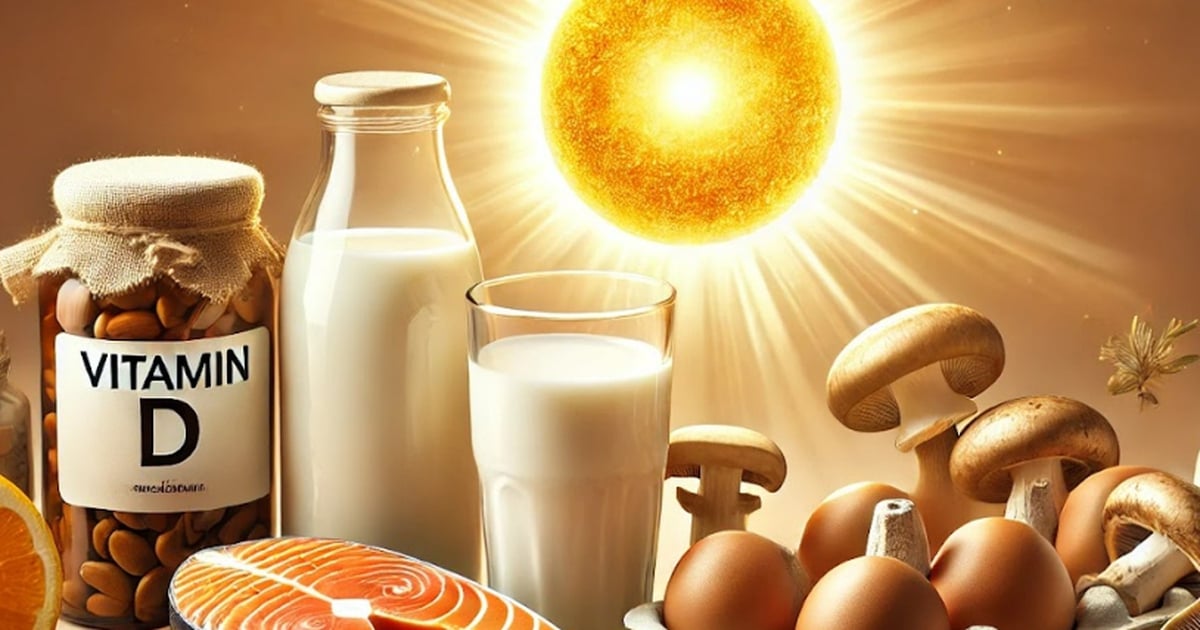

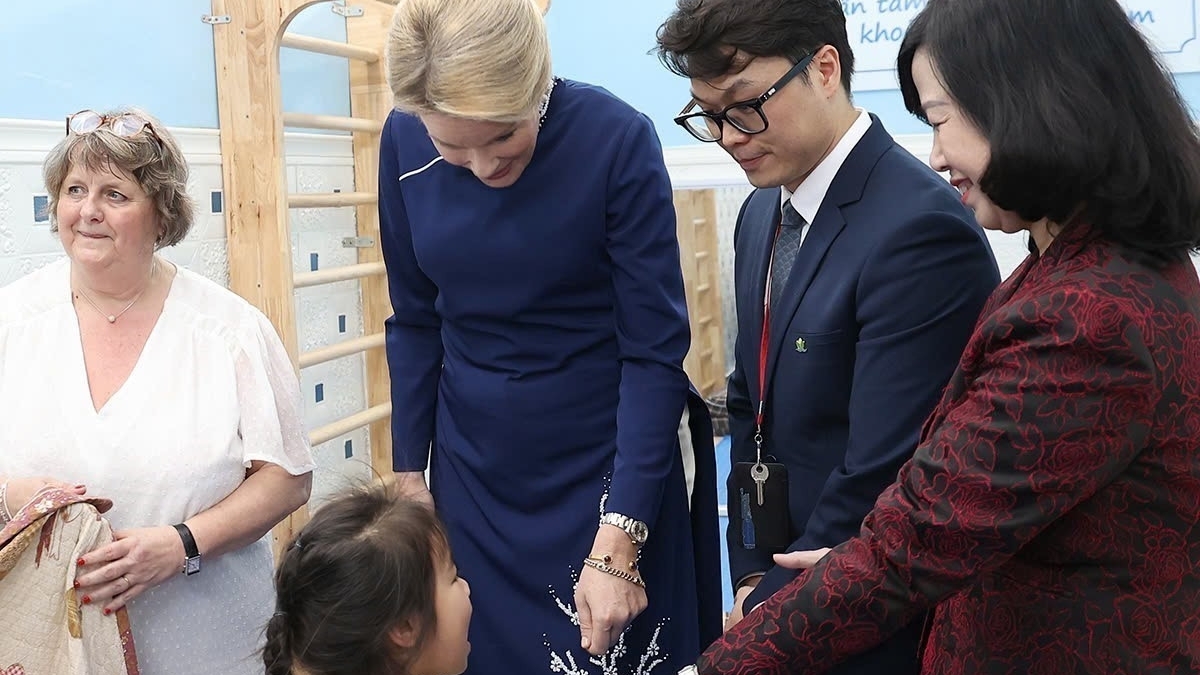
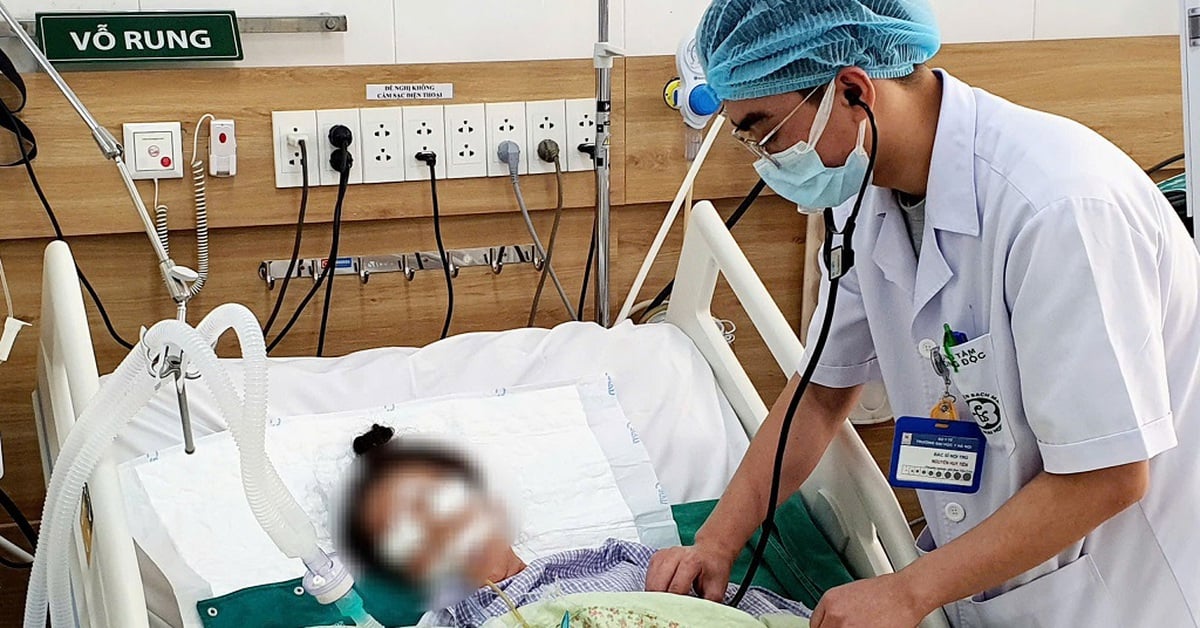
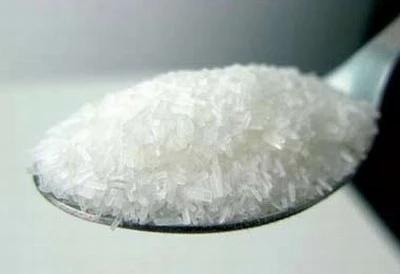

![[Video] Hanoi records 189 more measles cases in one week](https://vstatic.vietnam.vn/vietnam/resource/IMAGE/2025/4/2/7a2330ce125049c9900b0443e7e2361f)















































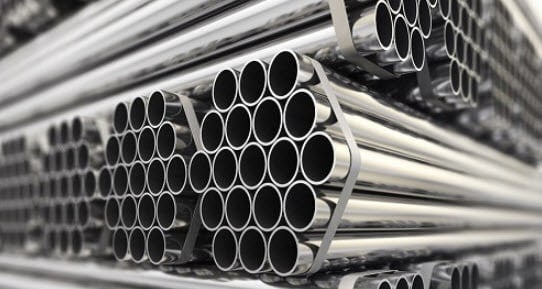






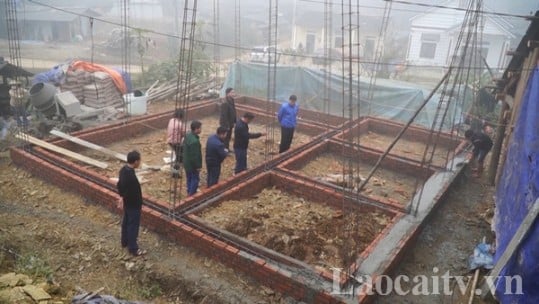
















Comment (0)